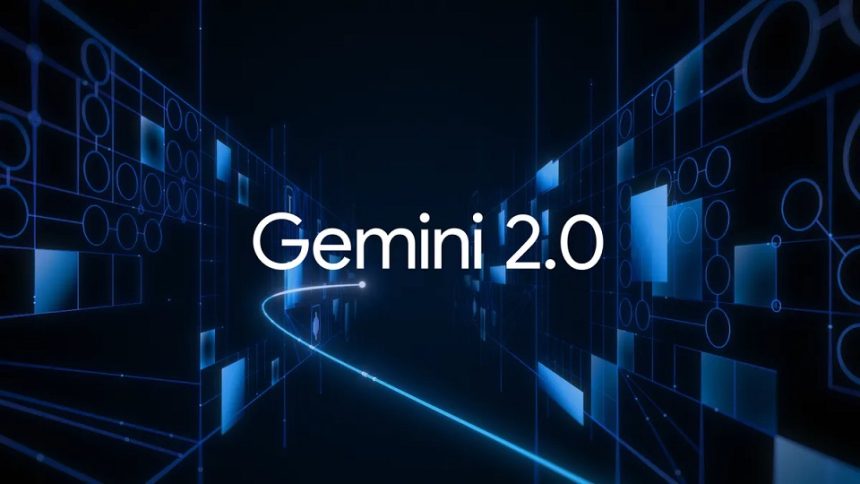Google has just launched Gemini 2.0, its latest generative AI model designed to power a wide range of tools and experiences. Developers can already access it via the Gemini API, while consumers will start seeing its impact next week with limited tests for Search and AI-enhanced overviews. Its full rollout to the general public is planned for early 2025.
At the heart of Gemini 2.0 is the goal of making AI more intuitive and proactive (or, as Google puts it, “agentic”). Expect faster responses, smarter reasoning, and seamless tool integration. The big highlight here is the launch of Gemini 2.0 Flash, a turbocharged version that’s twice as fast as its predecessor, Gemini 1.5 Pro. Already available to developers through platforms like Google AI Studio and Vertex AI, Flash supports multimodal inputs, including images, audio, and video, delivering text or speech outputs on demand.
What Sets Gemini 2.0 Apart?
Gemini 2.0 doesn’t just stop at analyzing your queries; it acts on command. As CEO Sundar Pichai explains, this new-generation AI can “anticipate multiple steps ahead” and handle tasks like web searches or app interactions, all under user supervision at every step. It’s not just about answering questions, it’s about solving problems dynamically.
One of the most talked-about updates is its native tool use: Gemini can integrate features like Google Search or code execution directly into workflows. Take, for instance, Project Astra, an Android app currently in testing that uses your phone’s camera to analyze real-world visuals in real time (up to 10 minutes of video). Simply point your phone at a plant or product, and it instantly provides insights or recommendations about it.
Also noteworthy is Project Mariner, an experimental Chrome extension that lets Gemini summarize pages or even take actions like navigating tabs or making purchases (with your approval). “It’s just the beginning,” writes Demis Hassabis from Google DeepMind, “but Mariner shows how human-agent interaction could evolve rapidly.”
Tools for Developers and Researchers
Developers haven’t been left out. Jules, a coding assistant integrated into GitHub workflows via Gemini 2.0 Flash, is also part of the package. Jules doesn’t just generate code snippets; it creates detailed plans, fixes bugs, and executes multi-step processes under developer supervision.
For academics or entrepreneurs working on complex projects, there’s Deep Research, an advanced tool directly connected to online resources. You provide it with a topic, it drafts a research plan that you approve, and then it dives deep into existing literature to produce detailed outlines or data analyses tailored to your needs.
Mitigating Risks While Expanding Potential
Of course, innovation comes with risks. Google openly acknowledges concerns about security vulnerabilities, such as prompt injection attacks (where malicious instructions might sneak into emails or documents). To address this, the company is developing safeguards to prevent phishing attempts in tools like Project Mariner.
Despite these challenges, Google seems confident that these agentic capabilities lay the foundation for what it calls its vision of a “universal assistant.” It’s not about replacing humans but extending their reach: quickly summarizing complex topics with AI-enhanced overviews, solving advanced equations, combining text-to-image outputs, and managing multilingual text-to-speech interactions—the list keeps growing.
What Comes Next?
The roadmap for Gemini 2.0 is ambitious but clear: general availability kicks off in January with additional model sizes rolling out throughout early 2025. Meanwhile, trusted testers are already playing with experimental features (Astra on prototype glasses sounds particularly intriguing). Whether you’re a developer looking for cutting-edge APIs or simply curious about how smarter assistants might change everyday life, this release signals big changes are just around the corner.





